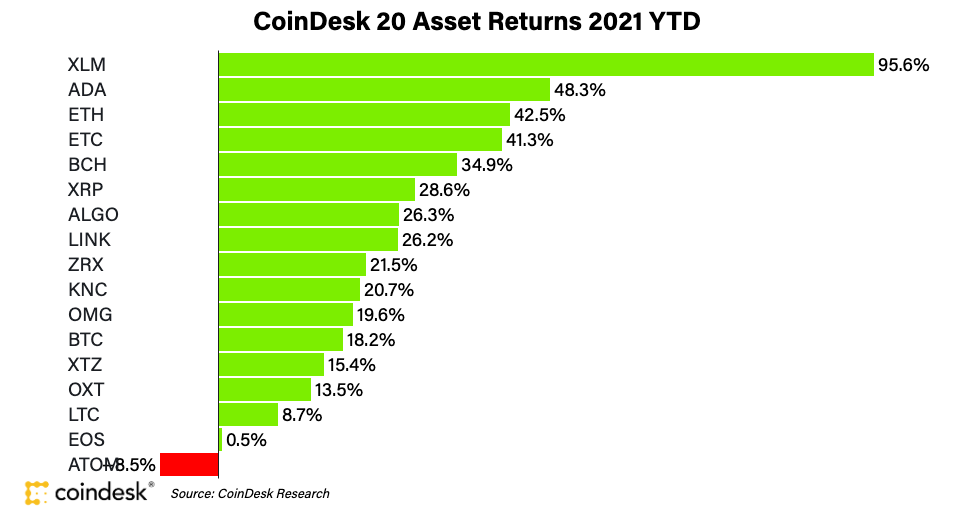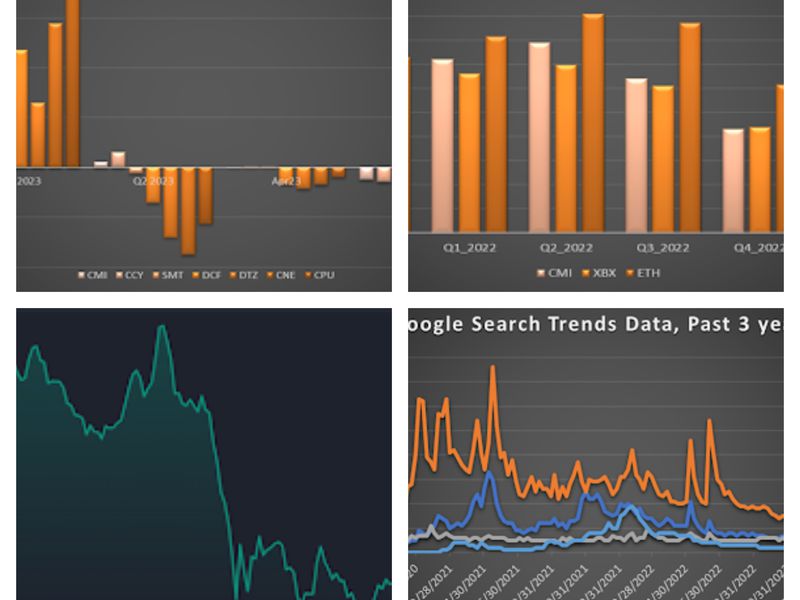Jury Begins Deliberations in $110M Mango Markets Fraud Trial
/arc-photo-coindesk/arc2-prod/public/LXF2COBSKBCNHNRE3WTK2BZ7GE.png)
NEW YORK — Crypto trader Avi Eisenberg’s fate now rests in the hands of 12 New York jurors, who have been tasked with deciding whether his October 2022 trades on Mango Markets – which netted him $110 million – were fair game or fraud.
On Wednesday, the jury heard closing arguments in the government’s case against Eisenberg, who was arrested in Puerto Rico in December 2022 and charged with commodities fraud, commodities manipulation and wire fraud in connection with his Mango Markets exploit two months earlier.
Eisenberg, 28, was clad in a dark gray suit. His mother and two other family members were in the gallery during the proceedings. Though his attorneys suggested he may testify earlier in the trial, his defense ultimately rested without calling him to the stand.
The defense’s case on Monday and Tuesday largely hinged on a single expert witness, former Secret Service agent-turned crypto investigations consultant Jeremy Sheridan. Over two days of testimony he spoke to the mechanisms that enabled Eisenberg’s trades and the difficulty of understanding whether his borrows were, according to Mango Markets’ codebase, actually borrows at all. But much of his testimony got thrown out by the judge after the court determined his knowledge of Mango Markets’ codebase was itself insufficient.
Prosecutors have argued that Eisenberg engaged in market manipulation, trading large sums of MNGO perpetual futures contracts between himself to pump the price over 1000%, then using his newly-created collateral to fool the platform into allowing him drain $110 million in various cryptocurrencies via the platform’s “borrow” function.
But Eisenberg wasn’t borrowing, prosecutors told the jury on Wednesday – he was stealing. Hours after the exploit, he issued an “extortionate” anonymous proposal to the Mango Markets decentralized autonomous organization (DAO) offering to return $67 million of his haul in exchange for promises not to pursue criminal charges or freeze the rest of the stolen funds.
The facts of the case were largely undisputed by Eisenberg’s defense team when they took the stand. Instead, Eisenberg’s lead attorney, Brian Klein, attempted to frame Eisenberg’s massive trades as a “successful and legal trading strategy” that “fully complied” with the Mango Markets protocol. Klein pointed to Mango Markets’ lack of Terms of Use – only a checkbox that told visitors to use the site “at your own risk” – at the time of Eisenberg’s exploit, arguing that he simply used the platform as intended and made a lot of money doing it.
“This is how people do things in this world of crypto,” Klein told the jury.
Klein is a well-known defense attorney in the crypto sphere, whose past clients include Erik Voorhees, Charlie Shrem and Virgil Griffith. Klein is also currently representing Tornado Cash developer Roman Storm.
Prosecutors told the jury a different version of the story. Eisenberg, they said, knew what he was doing was illegal.
Before his exploit, Eisenberg had sued someone else in federal court for manipulating the price of WAVES. He’d also made internet searches for things like “statute of limitations market manipulation” and “elements of fraud” before his October 2022 trades. After the trades – and once his identity as the exploiter had been exposed – Eisenberg bought a ticket for a flight to Israel and searched for “FBI surveillance,” “list of Israel extraditions” and “Otisville prison,” a white-collar federal penitentiary.
“That’s what you do when you think you’ve committed a crime,” the prosecutor told the jury.
Klein told the jury Eisenberg didn’t go to Israel to escape charges, but instead because angry Mango Markets’ users were threatening his safety. Klein also said that the fact that Eisenberg sued both Circle and AscendX, a nominally Romanian exchange, to get his money back once it was frozen – as well as his willing return to the U.S. – was further evidence that he did not believe he had committed a crime.
In their rebuttal, prosecutors said that Eisenberg’s legal attempts to get his money were made after his identity as the exploiter had been exposed. He thought that his proposal to Mango Markets’ DAO, and its subsequent “waiver of liability,” meant he was off the hook, emboldening him to come back to the U.S., they said.
“Manipulation, lies, deceit – it’s criminal, whether it happens on Wall Street or on a computer program,” the prosecutor said.
Eisenberg faces up to 20 years in prison if convicted on all three counts.
Edited by Nikhilesh De.









